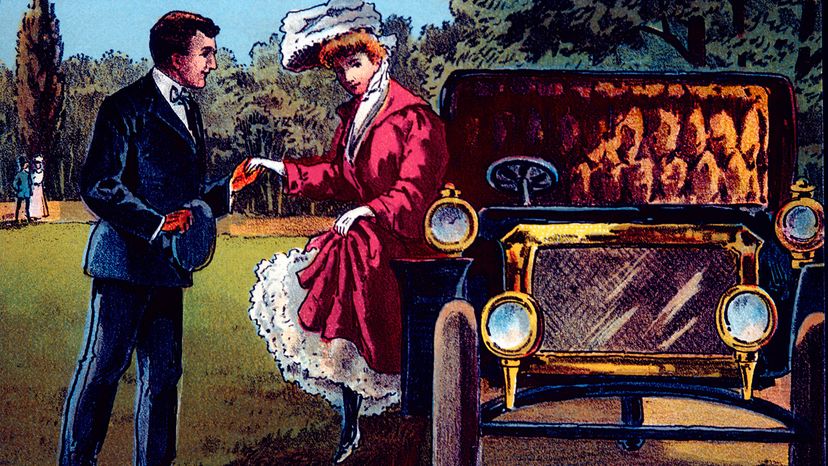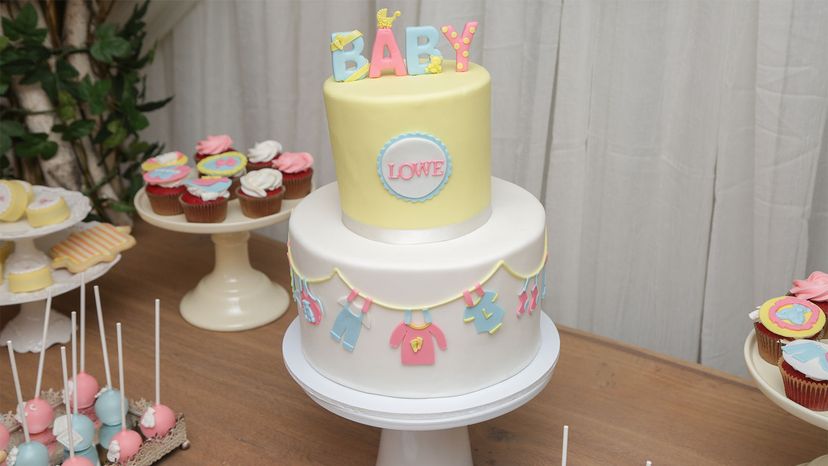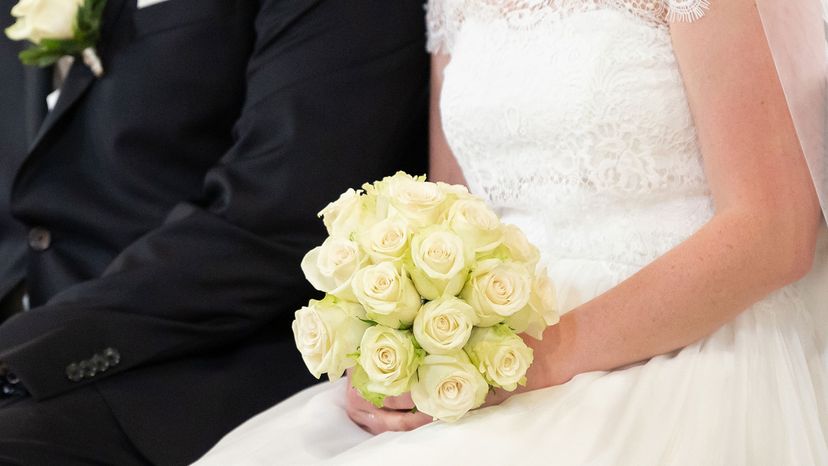
With each passing decade, a handful of well-intentioned, but old-fashioned etiquette rules unceremoniously bite the dust. Seriously, when's the last time you questioned whether or not it's appropriate for an unmarried woman to have dinner unchaperoned in a man's apartment, lest she be "ruined" in the eyes of other potential suitors? Social conventions and the rules that govern them are often forced to roll with the times, whether we want them to or not.
Don't get me wrong — while certain etiquette standards have blessedly come and gone, I'm definitely not advocating for everyone to run wild. If anything, our times call for updated etiquette recommendations, starting with annoying smartphone habits (just try playing Wordle at my dinner table). The experts at The Emily Post Institute modernize the term "etiquette" to be less about chaperones and dinner fork placement and more about relationships. "To us, it means treating people with consideration, respect and honesty," the Post team explains. "It means being aware of how our actions affect those around us."
Advertisement
Some of the outmoded etiquette conventions we're about to cover have been rightfully scrapped. Others could certainly do with a comeback. Here are 10 etiquette rules no one follows any more — but maybe some should.












